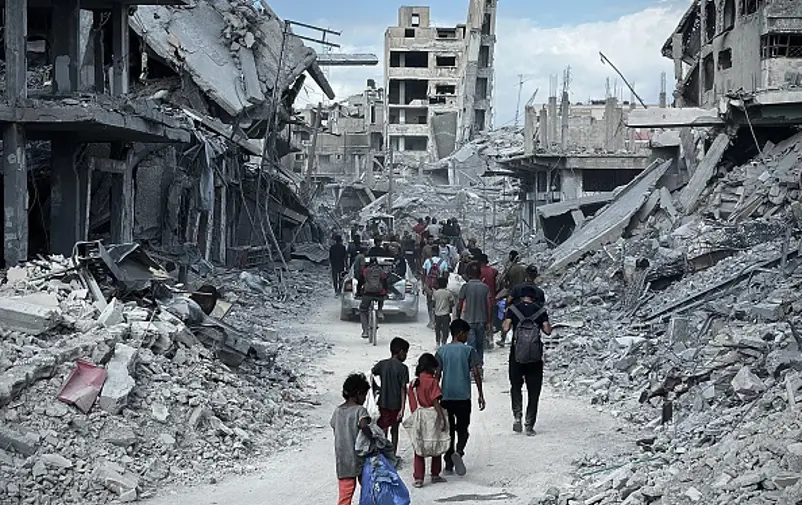Coherence, coordination and complementarity? Multi-track mediation and quality peace agreements
The complexity of contemporary conflicts and the profusion of mediation actors create new challenges for mediation actors. As multi-track mediation becomes the norm, effective mediation efforts and sustainable peace agreements necessitate coherence and coordination as recognized in the UN Guidance on Effective Mediation. This brief proposes three concrete measures that mediation actors can take to improve coherence and coordination. Relatively common in peacebuilding settings, the first two measures constitute exceptions to common practice in the mediation world. The third measure, when adopted, has not yielded particularly positive results. The brief suggests that the measures, while insufficient when taken individually, could yield fruitful results if implemented in concert.
This brief is part of a research brief series generated by a joint initiative by the Folke Bernadotte Academy (FBA) and the African Centre for the Constructive Resolution of Disputes (ACCORD). The aim of the series is to contribute to policy development by bringing cutting-edge research on key issues within mediation to the attention of policy makers and practitioners. The topics to be explored in the series were selected during joint discussions within the FBA initiative “Improving Mediation Effectiveness” throughout 2021-2023. The Initiative brought together policymakers, practitioners, and researchers within the mediation field to discuss challenges and opportunities for greater effectiveness in mediation. The editorial committee has consisted of Dr. Niklas Hultin, Agnes Cronholm, Dr. Johanna Malm and Maja Jakobsson from FBA, and Andrea Prah from ACCORD. We would like to thank the members of the Mediation Support Network for comments. The views and opinions expressed in the brief series are those of the author(s) and do not necessarily reflect the official policy or position of the collaborating partners.
Other publications in the series:
Civil society protests and inclusive peace talks
DOI: https://doi.org/10.61880/SJHL1073








 >
> >
>

